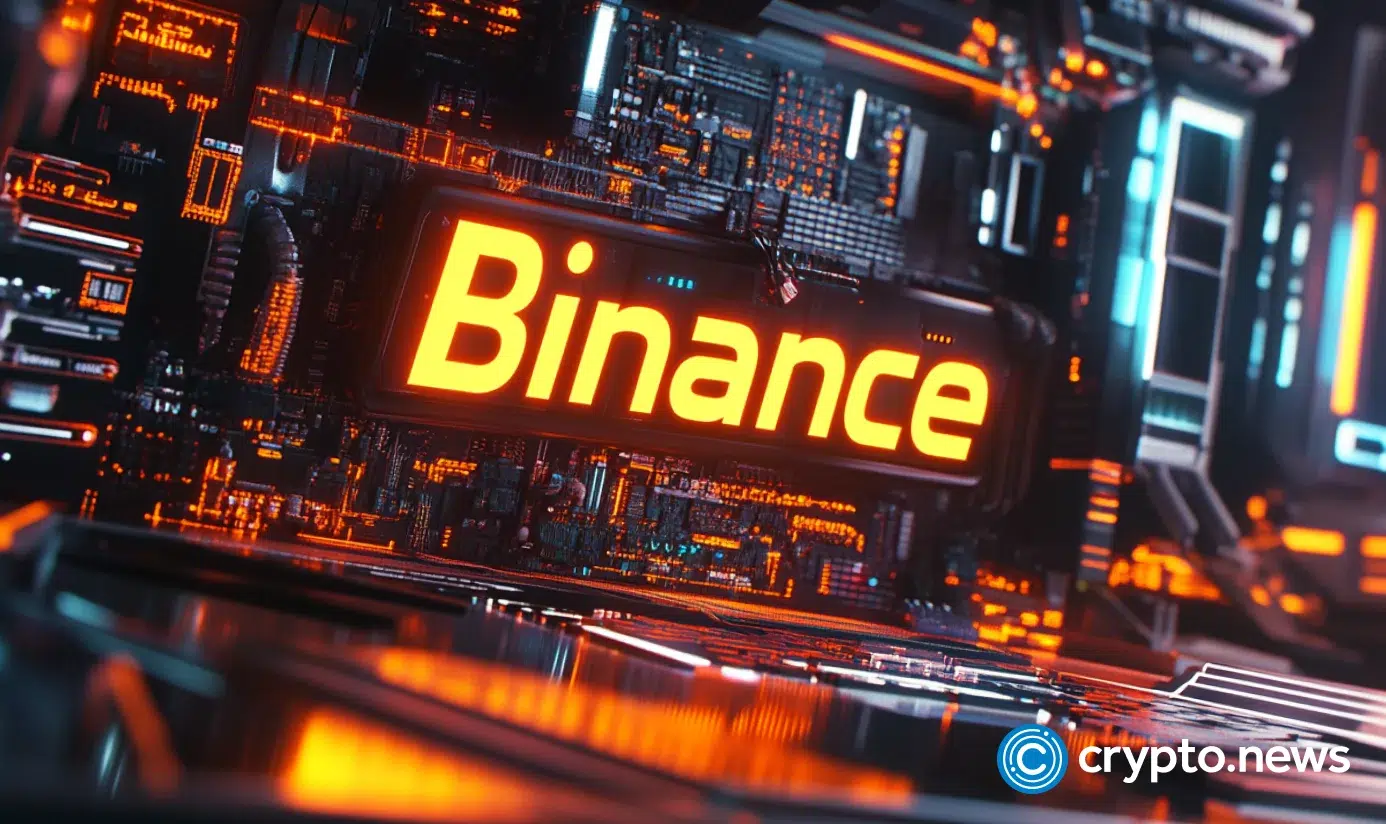
Inside sources say Binance is working with Spanish bank BBVA to keep crypto assets off exchanges, allowing customers to store digital assets in the bank instead of the platform.
According to a recent report by the Financial Times, the major crypto exchange has tapped Spain’s third largest bank, Banco Bilbao Vizcaya Argentaria or BBVA, as one of a handful of trusted independent custodians, according to people familiar with the deal.
The arrangement means that traders’ funds will be stored on the Spanish bank in U.S. Treasuries, which Binance then accepts as margin for trades on the exchange.
The move comes as the exchange attempts to take preemptive precautions to ensure that custody arrangements are made so that customers hold less of their assets on exchanges. One of the insiders said the decision was made to mitigate “a hypothetical FTX 2.0.”
Another reason why the exchange wants to partner with more traditional finance entities like banks is to cater to traders’ needs, seeing as some of them prefer to “to use a third party and have the collateral be in a safe place.”
In the past, Binance (BNB) clients could only keep their assets either directly on the platform itself or through a custodian called Ceffu. Ceffu has been described by U.S. officials as a “mysterious Binance-related entity.”
Over the past few months, the crypto exchange has been expanding its network of partners to include banks like Switzerland’s Sygnum and FlowBank as a way to prevent counterparty risks.
Binance wants to prevent an ‘FTX 2.0’
The FTX collapse was largely due to the fact that it did not use third‑party custody, a critical safeguard that keeps customer assets separate, independently audited, and under regulatory oversight instead of on exchanges.
Instead, FTX (FTT) held customer funds on its own books, mixing them into its corporate resources, and allowing its sister company, Alameda Research, to access those assets. This lack of separation and oversight enabled massive misappropriation from the earliest days of the exchange until it filed for bankruptcy
When the exchange collapsed in late 2022, investors were left reeling as their funds were locked in bankruptcy proceedings. Since the FTX incident, more traders have opted for independent custody arrangements so that exchanges do not hold too much of their funds.

